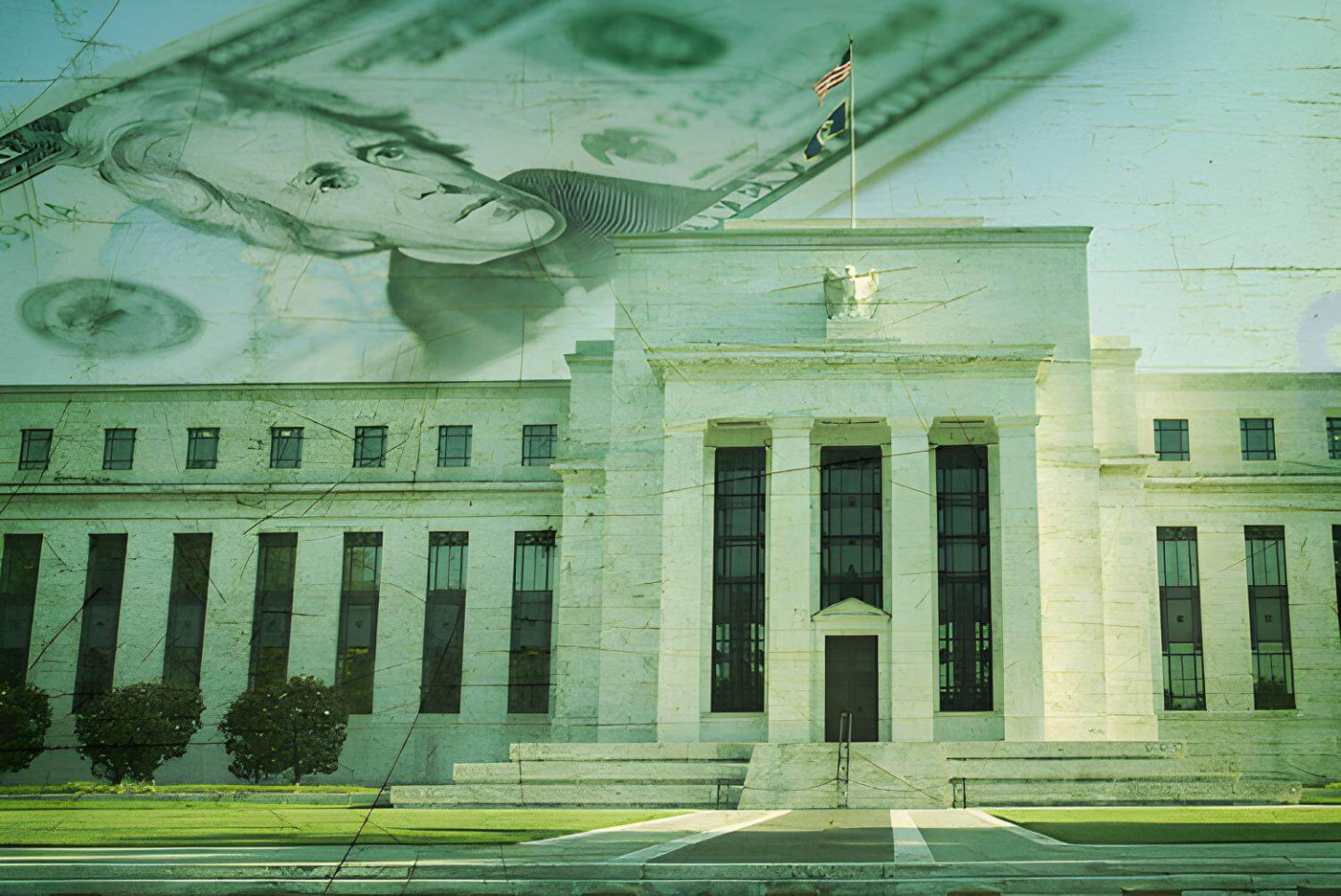Yesterday, Federal Reserve members Thomas Barkin and John Williams commented on the state of the U.S. economy. Below is a summary of their remarks.
Williams (Federal Reserve)
-
The slowdown in the pace of the Fed’s balance sheet reduction was a natural step.
-
Long-term inflation expectations are currently well-anchored.
-
The Fed must maintain the stability of long-term inflation expectations.
-
I do not know exactly where monetary policy needs to be in the remainder of the year.
-
The Fed has the ability to gather more data before making any policy changes.
-
Current monetary policy is well-positioned to navigate through uncertainty.
-
I expect the economy to continue growing, but at a slower pace than last year.
-
The economy is not currently in a state of stagflation.
-
The Fed will not allow high inflation to become entrenched.
-
I will not dismiss weak survey and anecdotal data.
-
The economy is currently in very good shape.
-
I will not forecast the likelihood of a recession; the economy remains solid and the labor market strong.
-
Risks to both growth and inflation are equally important.
-
Uncertainty is currently very high, and concerns about a slowdown are increasing.
-
My baseline scenario is relatively stable inflation this year, though with upside risks.
-
There is a clear risk that inflation may come in higher than the Fed’s projections.
-
Consumer goods are likely to experience a quick pass-through of tariff effects into prices.
-
Intermediate goods may respond to tariffs with a delay.
-
The impact of tariffs could play out over an extended period.
-
It is too early to assess the full effects of tariffs—details matter. I am closely watching the data to evaluate the impact of tariffs on prices.
Barkin (Federal Reserve)
-
The stagflation of the 1970s was characterized by unanchored inflation expectations—we are not seeing that today.
-
This is not the time to make forecasts on the number of rate cuts for this year.
-
Current data looks decent, but I see risks on the employment side.
-
I am concerned about both inflation and the labor market.
-
The balance sheet runoff process could proceed more slowly and last longer.
-
I’m in no hurry to cut interest rates.
-
Rate cuts require confidence that inflation is under control.
-
I am not convinced that higher costs won’t be passed on to consumers.
-
Suppliers report they will have to pass higher prices on.
-
Consumers say they are tired of paying elevated prices.
-
Therefore, I see certain risks to the labor market stemming from tariffs.
-
My base case is that it will take a long time to fully assess the impact of tariffs.
USD Index (Daily Chart)
Donald Trump is set to announce a new tariff plan on April 2nd in the White House Rose Garden.

Source: xStation5
Economic Calendar: Jobless Claims 🔎
Morning wrap (31.12.2025)
Minutes FOMC: Further cuts are possible if inflation eases. EURUSD limits decline
⏫Silver and gold rally ahead of FOMC minutes


